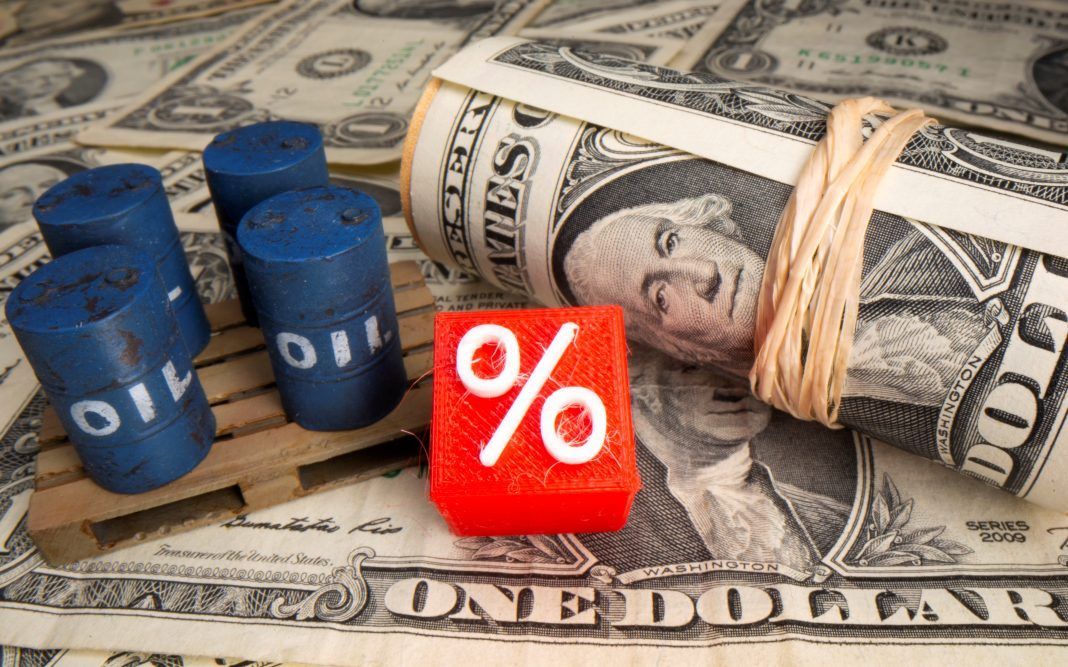LONDON, Jan 5 (Reuters) – Iran has been unable to obtain tens of billions of dollars of its assets in foreign banks, mainly from exports of oil and gas, due to U.S. sanctions on its banking and energy sectors.
Iran has repeatedly asked the countries for access to the blocked revenues, even offering barter deals. But its efforts, including attempts to buy humanitarian goods and medicine which are exempt from U.S. sanctions, have mostly failed.
Some of the frozen assets consist of money that Iran paid to Western countries for military purchases that were never delivered to Tehran when the Islamic Republic was established following its 1979 revolution.
Iran seized a South Korean ship on Monday in what Washington has suggested is an attempt to assert Iranian demands for its frozen revenues there.
Below is a list of some countries that owe Iran money for energy imports in recent years.
SOUTH KOREA South Korea holds $7 billion in Iranian funds from oil sales, according to Iranian officials.
South Korea, normally one of Iran‘s largest oil customers, received a waiver in 2018 from the United States to continue purchases of Iranian oil for several months. However, after the United States placed a total ban on Iran‘s oil exports and sanctions on its banking sector in 2019, the revenues became blocked in Seoul.
The Governor of the Central Bank of Iran (CBI) Abdolnaser Hemmati warned Seoul in June 2020 that Iran would take legal action to gain access to the funds.
IRAQ Neighbouring Iraq owes more than $6 billion to Tehran for importing gas and electricity, according to Iranian officials. Iran reduced the gas flows to Iraq in December as a warning to Baghdad to settle its outstanding gas dues.
Iraq has paid some of its debts over the years, but U.S. sanctions and economic troubles in the country have made the transfer of money much slower than Iran expected.
Hemmati said in October that Baghdad had agreed to release frozen funds for the purchase of basic commodities.
CHINA Iranian state media have assessed Iranian revenues in the Chinese banks as high as $20 billion.
However, Iranian Foreign Ministry spokesman Saeed Khatibzadeh said in October 2020 that Iran had no blocked assets in China. He said Iran had some “revenues” in the country that could be used when Iran needed them.
China has continued buying Iranian oil in defiance of the U.S. sanctions, providing Tehran’s struggling economy with a financial lifeline. JAPAN Tehran has criticised Japan for blocking Iranian assets, which are estimated to be around $1.5 billion. Japan was one of the main buyers of Iranian oil before the sanctions.
Foreign Minister Mohammad Javad Zarif told his Japanese counterpart in October 2020 that Iran should be able to use its foreign currency resources held in Japan, and denounced the limits preventing the purchase of medicine and food.
LUXEMBOURG $1.6 billion in Iranian funds held by a Luxembourg-based clearing house are frozen due to the sanctions.
(Reporting by Bozorgmehr Sharafedin, Editing by William Maclean)


